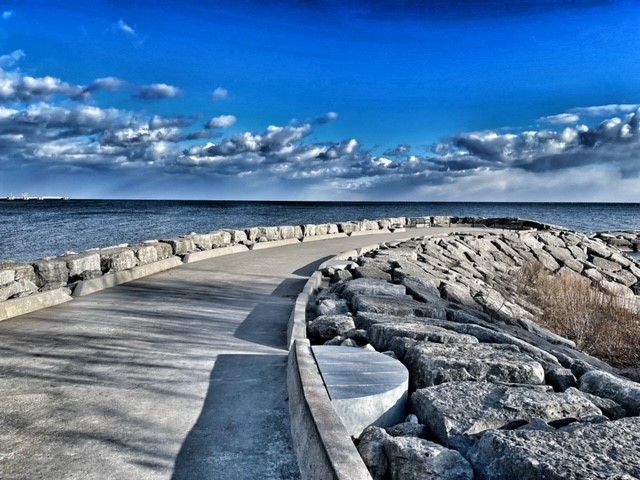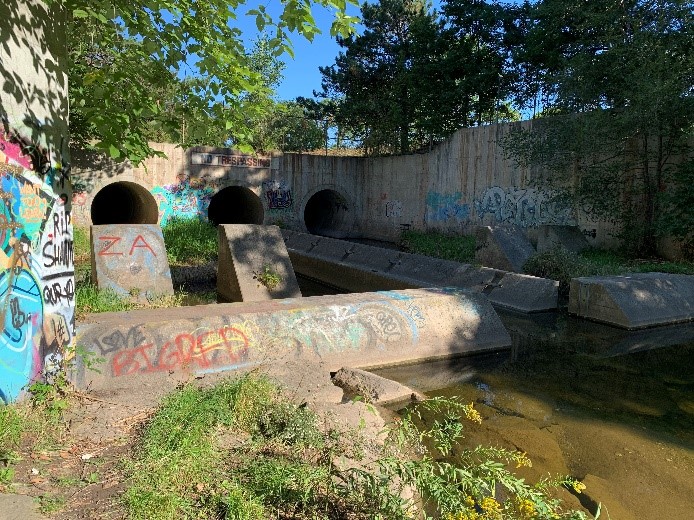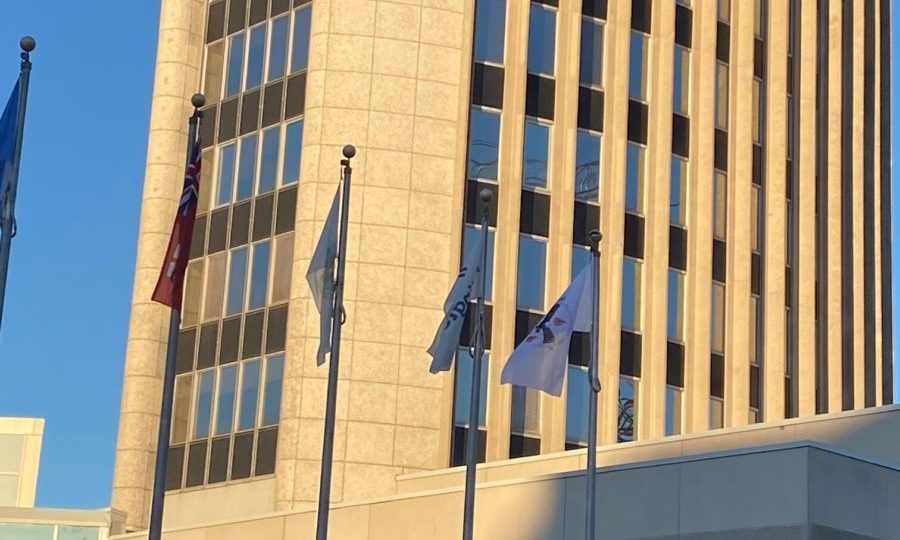March 4, 2025 — Conservation Halton
Conservation Halton reminds residents of dangers that can exist near streams, rivers, ponds, and lakes. As spring approaches with warmer temperatures, rain, melting snow, and shifting ice can contribute to higher, faster-flowing water in local watercourses.
Conservation Halton’s watershed has received above-normal snowfall over the last several weeks. As temperatures begin to rise, melting snow and additional rain will contribute to higher water levels and faster flow within local streams. Waterbodies and larger creek systems with partial ice cover can be hazardous as the ice begins to break up. Slippery, unstable streambanks and extremely cold water temperatures can also lead to hazardous conditions close to water bodies.
Spring safety tips for residents:
- Keep people and pets away from the edges of all bodies of water.
- Avoid all recreational activities in or around water, especially waterbodies with ice cover.
- Do not attempt to walk on ice-covered waterbodies.
- Do not attempt to drive through flooded roads or fast-moving water.
- If you live close to water, move objects such as chairs or benches away from the edge to avoid losing them during potential high waters.
- Avoid walking close to or across riverbanks and ice-covered water to prevent falling through. Riverbanks can become unstable due to snowmelt and erosion.
- Rescuing anyone from icy water is dangerous. If you see a person or pet that has fallen through the ice, call 911 immediately.
For more information, contact your local Conservation Authority.
- Lake Simcoe Region Conservation Authority (905) 895-1281
- Toronto & Region Conservation Authority (416) 661-6514
- Conservation Halton (905) 336-1158
- Credit Valley Conservation (905) 670-1615
- Central Lake Ontario Conservation Authority (905) 579-0411
- Ganaraska Region Conservation Authority (905) 885-8173
- Nottawasaga Valley Conservation Authority (705) 424-1479
- Kawartha Conservation (705) 328-2271





